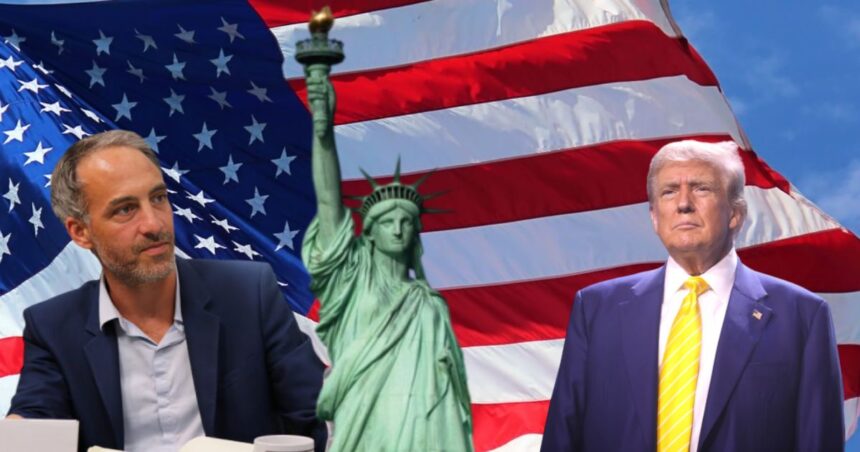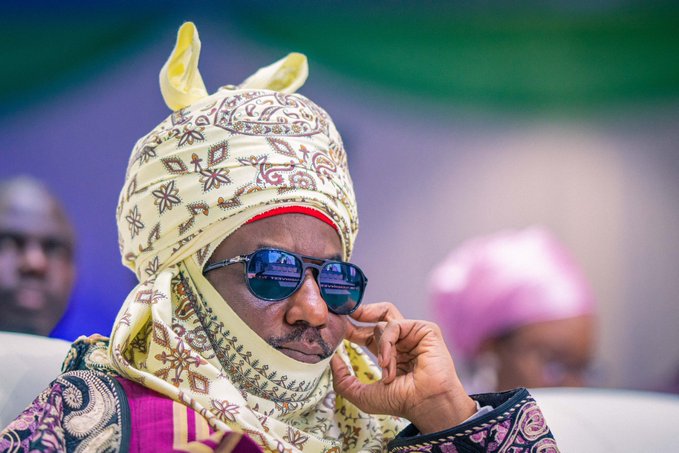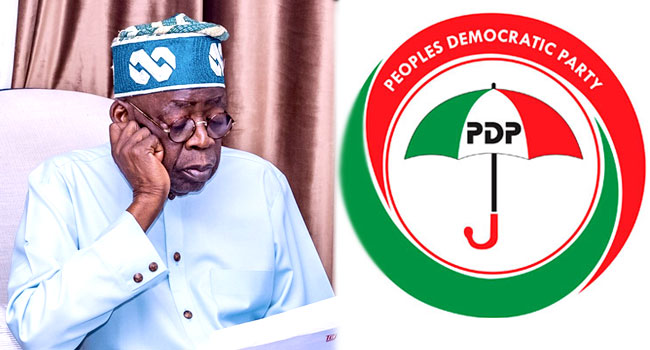The UK government has taken a significant step in holding individuals accountable for human rights abuses and violations during the Sri Lanka civil war. Four individuals, including former senior Sri Lankan military commanders and a former LTTE military commander, have been sanctioned by the UK government.
These sanctions, which include UK travel bans and asset freezes, target individuals responsible for a range of violations and abuses, such as extrajudicial killings, torture, and perpetration of sexual violence. The UK government’s decision to impose these sanctions demonstrates its commitment to human rights in Sri Lanka and its determination to ensure that those responsible for past human rights violations and abuses are held accountable.
*The Sanctioned Individuals*
The four individuals sanctioned by the UK government are:
– *Shavendra Silva*: former Head of the Sri Lankan Armed Forces
– *Wasantha Karannagoda*: former Navy Commander
– *Jagath Jayasuriya*: former Commander of the Sri Lankan Army
– *Vinayagamoorthy Muralitharan*: former military commander of the Liberation Tigers of Tamil Eelam (LTTE) and leader of the paramilitary Karuna Group
*The UK’s Commitment to Human Rights in Sri Lanka*
The UK government has reaffirmed its commitment to promoting human rights in Sri Lanka, including seeking accountability for human rights violations and abuses that took place during the civil war. Secretary of State for Foreign, Commonwealth and Development Affairs, David Lammy, emphasized that the UK government is committed to ensuring that those responsible for past human rights violations and abuses are held accountable.
The UK government has also expressed its willingness to work with the new Sri Lankan government to improve human rights in Sri Lanka and to support their commitments to national unity. During her January visit to Sri Lanka, Minister for the Indo-Pacific, Catherine West MP, held constructive discussions on human rights with the Prime Minister, Foreign Minister, civil society organizations, and political leaders in the north of Sri Lanka.
*The UK’s Broader Engagement with Sri Lanka*
The UK and Sri Lanka share strong cultural, economic, and people-to-people ties, including through educational systems. The UK has supported Sri Lanka’s economic reform through the International Monetary Fund (IMF) program and has provided technical assistance to Sri Lanka’s Inland Revenue Department. The UK has also widened educational access in Sri Lanka through the British Council on English language training and work on transnational education to offer internationally accredited qualifications.



